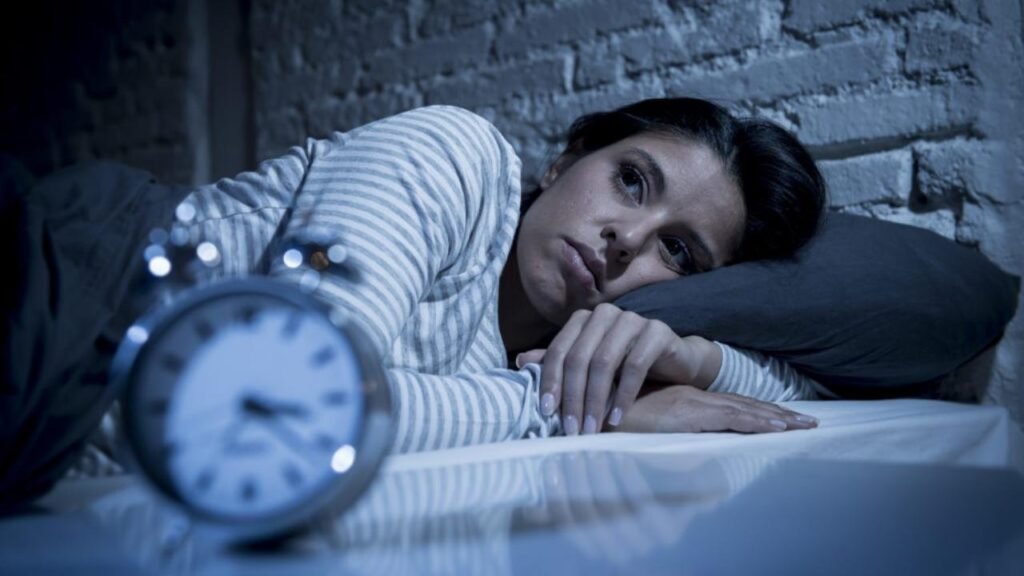We live in a world that often glorifies the hustle, sometimes at the expense of one of our most fundamental needs: sleep. Yet, despite dedicating roughly a third of our lives to it, the science of sleep remains somewhat enigmatic. The age-old adage of “eight hours a night” persists, but the truth, as sleep scientists and doctors are increasingly discovering, is far more nuanced and deeply personal.
This comprehensive guide will delve into the fascinating world of sleep, moving beyond the simplistic eight-hour rule to help you understand your unique sleep requirements and unlock the transformative power of truly restorative rest.
The Myth of the Magic Number: Why Eight Hours Isn’t Universal
For years, eight hours has been touted as the gold standard for sleep duration. While this average holds true for a significant portion of the population, it’s crucial to recognize that it’s just that – an average. As Dr. Rafael Pelayo, a respected sleep specialist at Stanford University, eloquently states, sleep is “the most natural form of self-care that we have.” Its purpose is profound, and our individual needs are shaped by a complex interplay of factors.
Molly Atwood, a behavioral sleep medicine clinician at Johns Hopkins, reinforces this idea, noting that individuals consistently getting between seven to nine hours of sleep tend to exhibit the lowest association with health problems. However, she emphasizes the crucial point that “everybody is different.” Once sleep duration consistently falls below six hours or exceeds nine hours, the risk of various health issues begins to creep upwards.
Also Read: Can Insomnia Cause High Blood Pressure? The Hidden Health Risk You Shouldn’t Ignore
Quality Over Quantity: The True Measure of Rest
The number of hours you spend in bed is only one piece of the sleep puzzle. The quality of your sleep is equally, if not more, important. Dr. Pelayo astutely points out, “If somebody tells me that they sleep many hours but they wake up tired, something is wrong.” He uses a relatable analogy: “You shouldn’t leave your favorite restaurant feeling hungry.” Similarly, a long but restless night won’t leave you feeling truly refreshed.
Evolving Sleep Needs: A Lifespan Perspective
Our sleep requirements are not static; they change dramatically throughout our lives:
- Newborns (14-17 hours): In their period of rapid growth and development, newborns require the most sleep.
- Infants (12-16 hours): As they continue to grow, their sleep needs remain high.
- Toddlers (11-14 hours): Active toddlers still need significant rest for development.
- Preschoolers (10-13 hours): Their growing minds and bodies benefit from ample sleep.
- School-aged Children (9-11 hours): Adequate sleep is crucial for learning and focus.
- Teenagers (8-10 hours): Hormonal shifts and busy schedules often lead to sleep deprivation in this age group.
- Young Adults (7-9 hours): This is the range where most adults find their optimal sleep duration.
- Adults (7-9 hours): Maintaining consistent sleep within this range supports overall health.
- Older Adults (7-8 hours): While the total hours might slightly decrease, quality sleep remains vital.
As Atwood explains, the higher sleep needs in babies and children directly correlate with their rapid growth. The architecture of our sleep cycles also changes as we age. In the initial hours of sleep, we experience more slow-wave sleep, or deep sleep, which is essential for physical repair, restoration, and the release of growth hormone. Later in the night, rapid-eye movement (REM) sleep, the dream stage, becomes more dominant, playing a crucial role in learning and memory consolidation. Children, in particular, spend a larger proportion of their night in deep sleep, a need that diminishes as we mature.
Also Read: Why Insomnia Occurs During Pregnancy: Causes, Symptoms, and Tips for Better Sleep
The Gender Factor: Exploring Potential Differences
While research hasn’t definitively proven that women inherently require more sleep than men, interesting nuances exist. Atwood notes that women, on average, tend to get slightly more sleep. This trend can begin in adolescence, with teenage girls often reporting less sleep and more instances of insomnia compared to boys, as Dr. Pelayo observes.
Life stages and hormonal fluctuations can significantly impact women’s sleep. Allison Harvey, a clinical psychologist and sleep researcher at UC Berkeley, highlights the sleep disruptions faced by new mothers due to nighttime caregiving. Furthermore, hormonal shifts during pregnancy and menopause can influence both sleep quantity and quality. Some experts also suggest that women might benefit from additional rest in the days leading up to their menstrual cycle.
Decoding the Signals: Recognizing Sleep Deprivation
Knowing how much sleep you need involves paying close attention to how you feel. Common signs of insufficient sleep include:
- Feeling grumpy and irritable
- Difficulty concentrating and focusing
- Increased daytime sleepiness
- Impaired decision-making
- Reduced productivity
- Weakened immune system
- Increased risk of accidents
Ignoring these signals can have serious long-term consequences. Atwood cautions that chronic sleep deprivation and untreated sleep disorders like insomnia and sleep apnea significantly elevate the risk of:
- Depression
- Cardiovascular issues (high blood pressure, heart attack, stroke)
- A compromised immune system
- Increased risk of Alzheimer’s disease
When to Seek Professional Help for Sleep Concerns
If you consistently achieve what you believe to be an adequate amount of sleep yet still wake up feeling tired and unrefreshed, it’s essential to consult your general practitioner. They can help rule out underlying medical conditions that might be impacting your sleep. If sleep problems persist, seeking the expertise of a board-certified sleep specialist can provide a comprehensive evaluation and personalized treatment strategies to help you achieve truly restorative sleep.
Finding Your Sleep Sweet Spot: A Journey of Self-Discovery
Ultimately, determining your optimal sleep duration is a personal journey. Pay attention to how you feel throughout the day after different amounts of sleep. Aim to wake up feeling refreshed and energized, not groggy and sluggish. Experiment within the generally recommended seven to nine-hour range to find what truly allows you to thrive.
Prioritizing sleep is not a luxury; it’s a fundamental pillar of good health and well-being. By understanding the nuances of your individual sleep needs and making conscious efforts to achieve quality rest, you can unlock a wealth of benefits for your physical, mental, and emotional health.
Also Read: Insomnia When Quitting Alcohol: Causes, Tips, and Solutions





